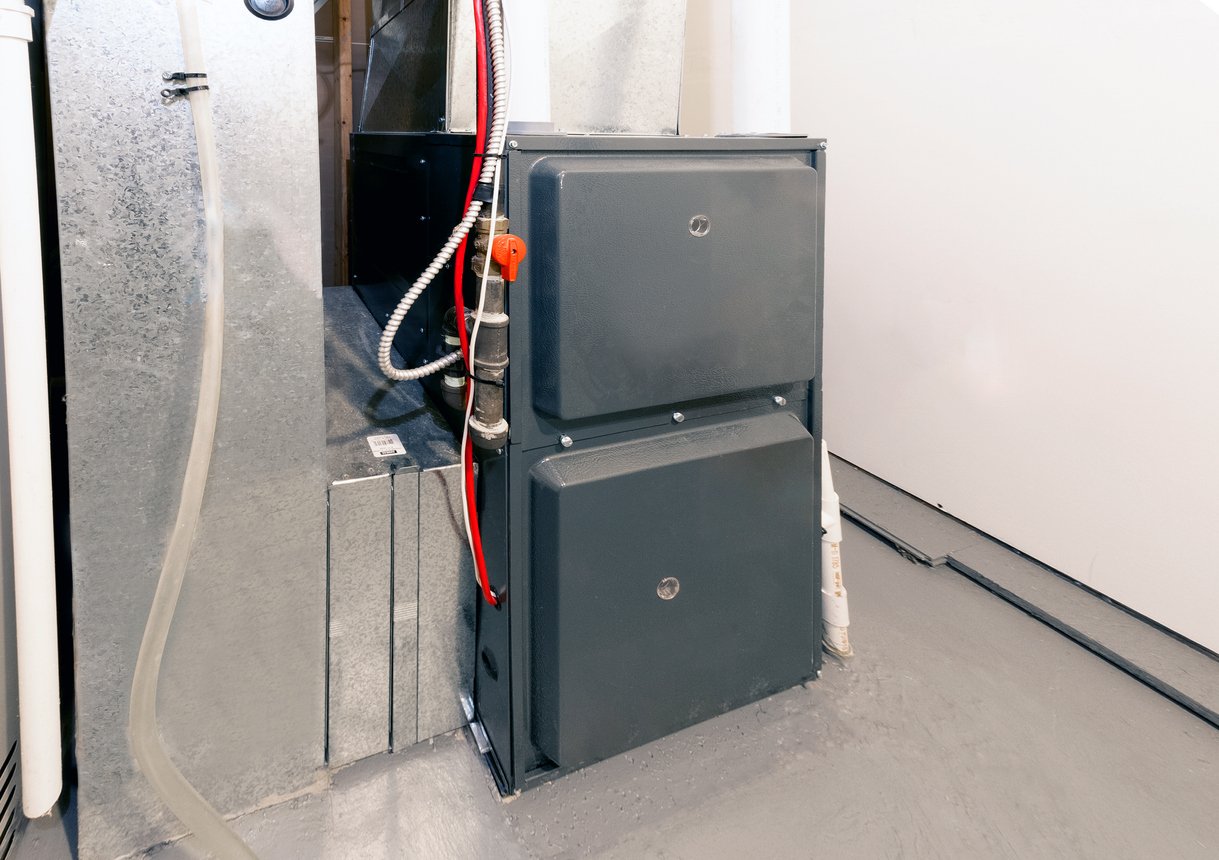Help! My Heater Is Blowing Cold Air—Here’s What to Do
As temperatures drop, there's nothing more frustrating than turning on your heater only to feel a blast of cold air. If you're experiencing this issue, it’s not only uncomfortable but could also signal that your heating system needs attention. There are a few common reasons why heaters blow cold air, and knowing the possible causes can help you diagnose the issue—or know when to call a professional. Let’s explore the reasons behind this chilly problem and how you might fix it.
Thermostat Settings
One of the first things to check is your thermostat settings. Sometimes, the thermostat may accidentally be set to "Fan" or "Cool" mode, which can cause the heater to blow cool air instead of warm. Ensure the thermostat is set to "Heat" and that the fan is set to "Auto." The "Auto" setting will ensure that the fan only runs when the heater is actively producing warm air.
Overheated Furnace
If the furnace overheats, a safety mechanism will automatically shut off the burners to prevent any damage or fire hazards, but the fan may continue running to cool down the unit. This can result in cold air blowing through the vents. An overheated furnace is often due to restricted airflow, which is commonly caused by a clogged filter. Checking and replacing your furnace filter regularly can help prevent this issue.
Pilot Light or Ignition Issues
Gas furnaces rely on a pilot light or an electronic ignition to start heating. If the pilot light goes out or the ignition system fails, the furnace won’t produce heat. You may try reigniting the pilot light if your model has one, or contact a professional if you suspect an issue with the ignition system.
Leaky Ductwork
Leaks in your ductwork can allow warm air to escape before it reaches your living space. Not only does this cause cold air to come through your vents, but it also wastes energy and drives up heating costs. If you suspect duct issues, contact a professional HVAC technician who can inspect and repair any leaks or damage.
Incorrect Size or Type of Heater
If your heater is too small for your home or is improperly matched to your needs, it may struggle to keep up with demand, resulting in cooler air. Ensuring your system is correctly sized and tailored to your home's layout is key to efficient, comfortable heating. If you've recently upgraded or installed a new heater, consult with an HVAC professional to confirm that the unit’s specifications meet your home’s heating requirements.
Blocked or Dirty Burner
For gas furnaces, a dirty or blocked burner can prevent the heater from producing sufficient heat. When dust and dirt accumulate on the burners, it reduces the efficiency of combustion and may result in cool air being blown through the vents. Regular maintenance, including cleaning and inspecting the burner, helps prevent this issue.
When to Call a Professional
If you've checked the basics and still can’t find the cause, it might be time to call a professional in furnace repair. Trained HVAC technicians can quickly diagnose issues like electrical malfunctions, complex thermostat problems, and worn-out components that could be contributing to the problem. Ignoring these issues can lead to more extensive and costly repairs down the line.
Final Thoughts
Heaters blowing cold air can stem from simple fixes like thermostat settings or clogged filters, but they can also signal larger issues within the system. Regular maintenance and timely repairs are the best ways to ensure your heating system runs efficiently throughout the colder months. If you’ve tried troubleshooting and are still having issues, reach out to an HVAC professional to help get your home warm and cozy again.
By staying proactive and mindful of these common issues, you can prevent unexpected chills in the middle of winter.

